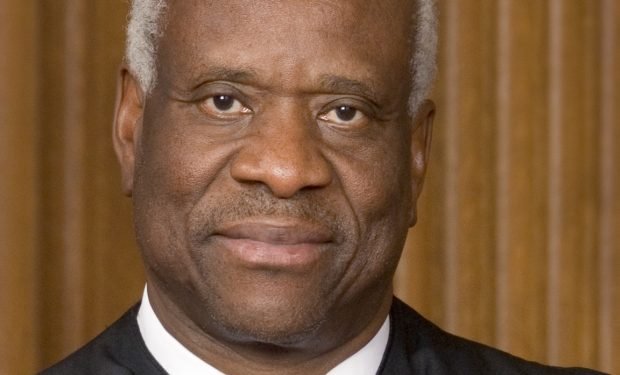The U.S. Supreme Court is expected to rule on numerous cases that may impact the future of former President Donald Trump, but none is expected to directly affect Trump’s future as much as a decision on whether States can remove Trump from their ballots — as Colorado has done — for having participated in “an insurrection.”
[NOTE: Maine also removed Trump from the ballot, but the case before the court deals specifically with Colorado.]
The case to remove Trump is based on a 14th Amendment (Section 3) argument that places office-holding prohibitions on those who have taken part in an insurrection.
In considering the unprecendented case, the Supreme Court has received briefs from numerous parties. In a move this week that reveals discordant opinion even among Republicans, the conservative former 4th US Circuit Court of Appeals judge J. Michael Luttig filed an amicus brief with the court supporting the legal basis for Colorado’s removal of Trump, an opinion that aligns with a similar brief filed by 25 civil war historians.
The current Supreme Court, dominated by conservative justices — three of whom Trump himself appointed — is widely believed to prefer not to interfere (or be seen as interfering) with the upcoming election.
It follows that SCOTUS has an inclination, despite the validity of certain legal arguments, to ensure that Trump is on the ballot in all 50 states so that “voters can decide,” as Trump’s supporters claim is desirable.
But it’s also being whispered among legal observers that the Court may be having trouble making its preference square with its obligations. In other words, however much the Supreme Court may wish to stay out of the election business, the proper adjudication of the law may conflict with that desire.
Concise commentary by Yale Law School graduate and current Indiana University Law Professor Gerard Magliocca describes the dilemma he believes the Justices are facing with a 4-word truism, common in courtrooms. Those four words are: The Opinion Won’t Write.
I've been making this point for awhile – it's especially salient for a Court majority that otherwise wants to work in the idiom of original public meaning. https://t.co/W3Zjeov6GZ
— Lee Kovarsky (@lee_kovarsky) January 31, 2024
Magliocca writes of “The Opinion Won’t Write“:
Of course, this is a phrase that judges use to describe the following situation: Their instinct is to decide a case in a particular way. But when they sit down to write the opinion, they find that they can’t logically reach that result. This forces them to reconsider their initial conclusion.
In a nutshell, this is what is happening with the Trump case. The instincts go one way and the law goes the other way. The more you look at the legal arguments, the less sure you are that Trump is eligible. We may see this process play out with the Justices. Don’t be surprised if the decision takes a long time to come out.
Gerard N. Magliocca
Oral arguments before the SCOTUS are scheduled for February 8.
